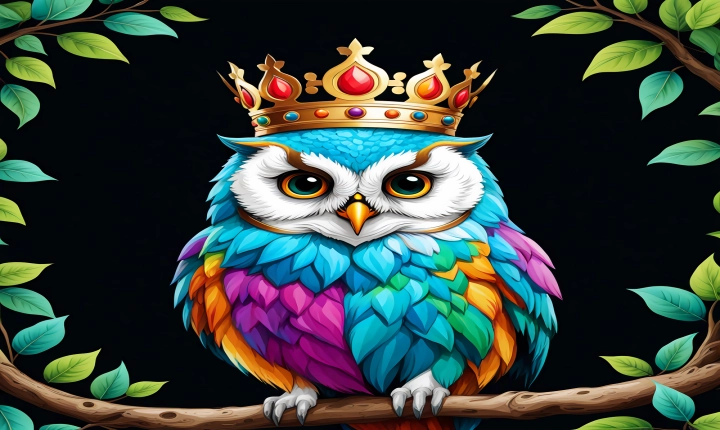Are AI VTubers Real? Exploring the Authenticity of Virtual YouTubers
The rise of virtual YouTubers, also known as VTubers, has taken the world by storm. These computer-generated personalities have gained massive followings, attracting millions of fans who tune in to watch their virtual avatars entertain, play games, and interact with viewers. However, the question remains: Are AI VTubers real?
To answer this question, we must first understand the technology behind virtual YouTubers. AI VTubers are created using advanced computer graphics and artificial intelligence algorithms. These algorithms generate lifelike movements, expressions, and voices for the virtual avatars, making them appear almost indistinguishable from human hosts.
One of the most popular AI VTubers, Kizuna AI, has amassed a huge following with her energetic and engaging content. Despite the fact that she is not a real person, Kizuna AI has captured the hearts of millions of fans through her virtual adventures and charismatic personality.
The authenticity of AI VTubers has sparked debates within the online community. Some argue that virtual YouTubers are not real, as they are simply computer-generated characters with scripted personalities. Others counter that the emotional connections and entertainment provided by VTubers are genuine, regardless of their virtual nature.
One key aspect to consider is the interactivity and emotional impact of AI VTubers. Fans often form deep connections with virtual YouTubers, interacting with them through live chats, fan art, and online communities. The ability of virtual avatars to connect with and entertain audiences on a personal level blurs the lines between reality and fiction.
Another important factor to consider is the role of the human creators behind AI VTubers. While the avatars themselves may be computer-generated, the personalities, voices, and content of virtual YouTubers are shaped by real individuals. These creators often put significant effort into crafting unique characters, personalities, and storylines for their virtual avatars, adding depth and authenticity to the AI VTubers’ online personas.
The impact of AI VTubers on entertainment and media cannot be overlooked. Virtual YouTubers have opened up new possibilities for content creation, storytelling, and audience engagement. They have also sparked discussions about the future of AI and virtual personalities in the online space.
In conclusion, the question of whether AI VTubers are “real” is complex and subjective. While virtual YouTubers are not living, breathing individuals, their impact on audiences and the online community is undeniably real. The emotional connections, entertainment value, and creativity demonstrated by AI VTubers make them a significant and relevant part of modern digital culture.
Ultimately, the authenticity of AI VTubers is defined by the experiences and connections they create with their audiences, blurring the lines between virtual and real in the ever-evolving landscape of online entertainment.
